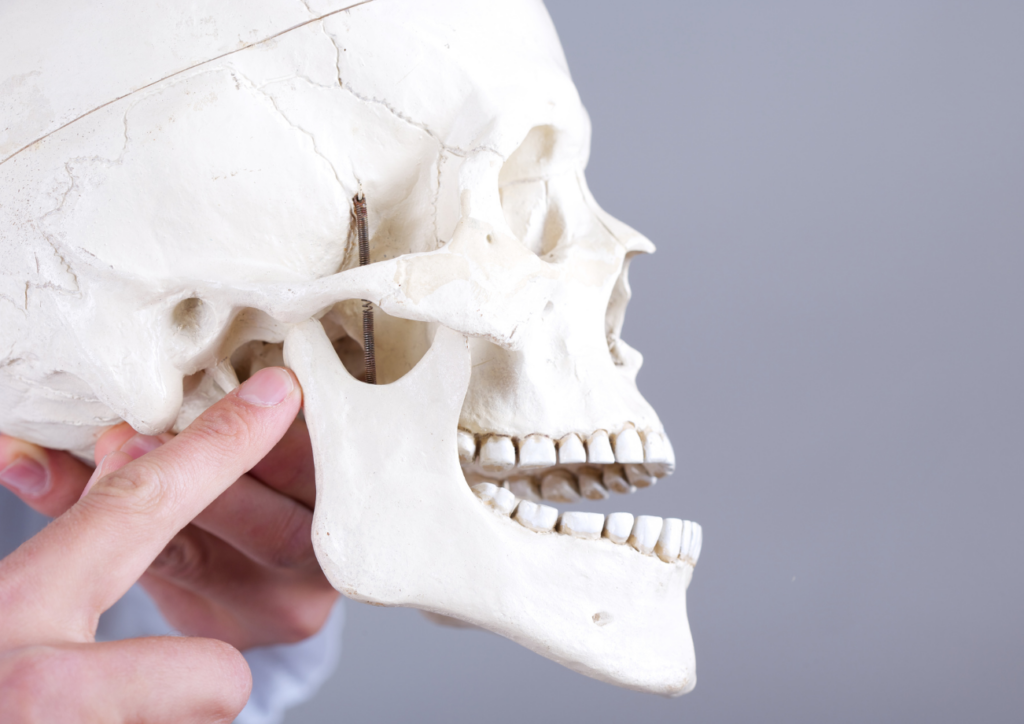The temporomandibular joint (TMJ) is a complex joint responsible for the movement of your jaw. When this joint experiences dysfunction, it can lead to various issues, including changes in your bite. Understanding how TMJ dysfunction can impact your bite is crucial for seeking appropriate dental care.
TMJ Dysfunction and Your Bite
Yellow Springs Dental, home to TMJ dysfunction dentists Dr. Richard Rogers and Dr. Trevor Maples provide comprehensive solutions for individuals dealing with TMJ-related bite issues.
TMJ dysfunction can manifest in several ways, one of which is alterations in your bite pattern. This occurs due to the misalignment or inflammation of the TMJ, causing irregular movement of the jaw. As a result, you may notice changes in how your teeth fit together when you bite or chew. Moreover these changes can lead to discomfort, difficulty in eating, and even issues with speech.
Your Temporomandibular Joint
At Yellow Springs Dental, Dr. Richard Rogers and Dr. Trevor Maples specialize in diagnosing and treating TMJ dysfunction. By understanding the specific nature of each patient’s condition, your TMJ dentist creates treatment plans to alleviate your symptoms and restore proper bite function.
Treatment for TMJ-related bite issues may include various approaches depending on the severity and underlying causes.
Dr. Rogers and Dr. Maples prioritize conservative methods such as dental splints or mouthguards to alleviate pressure on the TMJ and promote proper jaw alignment. These devices help stabilize the jaw position. In turn this reduces muscle tension, and prevents further damage to your bite.
Always a Solution with Yellow Springs Dental
In cases where TMJ dysfunction is more severe or persistent, Yellow Springs Dental offers advanced treatment options such as orthodontic interventions or dental restorations.
Orthodontic treatment for TMJ dysfunction aims to correct bite misalignments through techniques like braces or clear aligners. Dental restorations such as crowns or bridges on the other hand can rebuild damaged teeth to improve bite function.
In addition Dr. Rogers and Dr. Maples emphasize the importance of lifestyle modifications and self-care practices. This includes techniques to reduce stress, proper jaw exercises, and avoiding habits like teeth grinding or nail-biting that can exacerbate TMJ symptoms.
Help for Your TMJ dysfunction
Your temporomandibular joint can significantly impact your bite, leading to discomfort and functional limitations.
At Yellow Springs Dental in Frederick, Dr. Richard Rogers and Dr. Trevor Maples offer personalized solutions to address TMJ-related bite issues effectively. By prioritizing conservative treatments and comprehensive care you will regain comfort and functionality in your bite.
If you would like to learn more about your TMJ joint schedule an appointment today.


